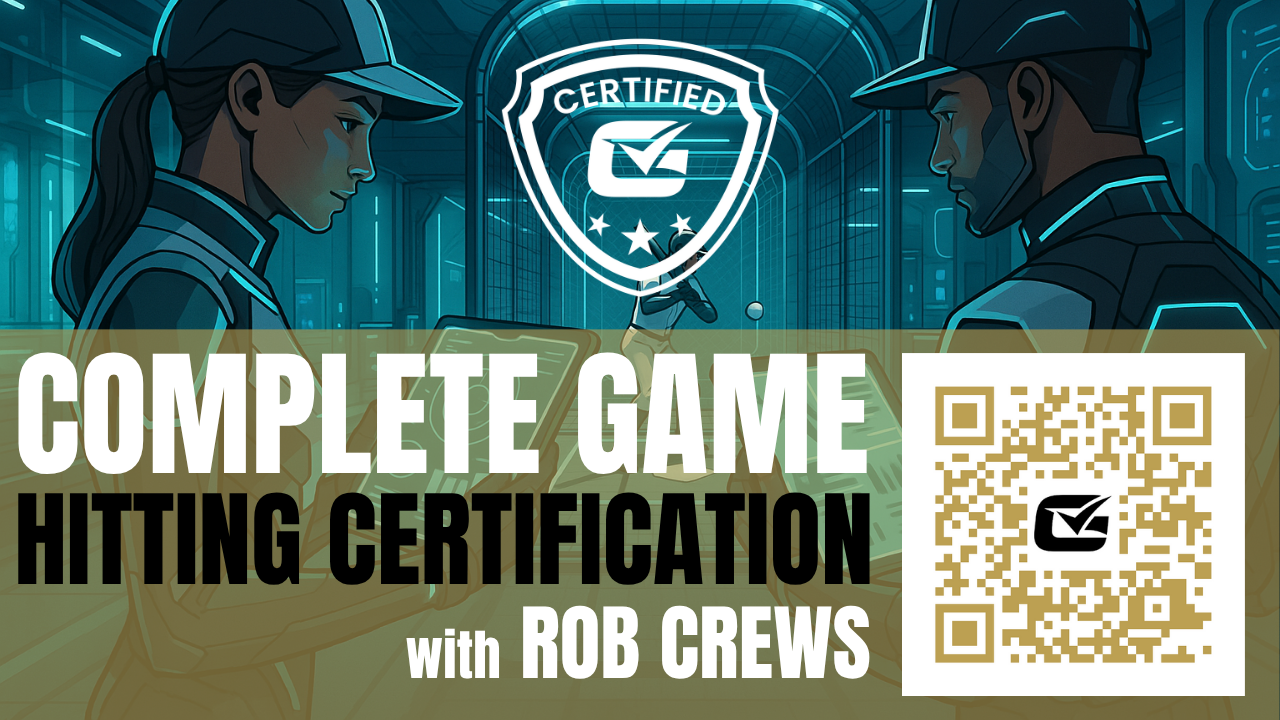Mental Recovery and Balance in Baseball/Softball: Avoiding Burnout
Jan 12, 2025
Baseball and softball are demanding sports that require not just physical prowess, but significant mental fortitude. While most athletes focus on physical training and skill development, mental recovery and balance are equally crucial for long-term success and enjoyment of the game. In this guide, we'll explore practical strategies for maintaining mental health and preventing burnout on the diamond.
Understanding Athletic Burnout
Athletic burnout isn't just feeling tired after a tough practice or game. It's a state of physical and emotional exhaustion that can lead to:
- Decreased performance and reduced interest in the sport
- Physical symptoms like persistent fatigue and increased susceptibility to injuries
- Mental health challenges including anxiety and depression
- Loss of joy in playing the game
Signs You Need Mental Recovery Time
Recognizing early warning signs is crucial for preventing burnout:
1. Performance Plateau or Decline**
Your usual reliable skills feel inconsistent, and you're making unusual errors in routine plays. This often indicates mental fatigue rather than a true skill regression.
2. Emotional Changes**
You're experiencing increased irritability, mood swings, or feeling overwhelmed by normal game situations that didn't bother you before.
3. Physical Manifestations**
Sleep disturbances, changes in appetite, or feeling physically drained even after adequate rest are common signs that your mind needs recovery time.
Practical Strategies for Mental Recovery
1. Implement the 24-Hour Rule
After games (especially tough losses), give yourself 24 hours to process, reflect, and then let go. This helps prevent dwelling on mistakes while still allowing for valuable learning experiences.
2. Develop Non-Baseball/Softball Interests
Having identity anchors outside of baseball/softball is crucial for mental health:
- Pursue hobbies unrelated to sports
- Maintain social connections with people outside your team
- Engage in different physical activities that use different muscle groups and mental skills
3. Practice Mindfulness and Mental Training
Incorporate these mental conditioning exercises into your routine:
- Pre-practice visualization (5-10 minutes)
- Post-game reflection journaling
- Breathing exercises between innings or during practice breaks
- Regular meditation sessions focused on staying present
4. Create Clear Boundaries
Structure your time to include dedicated "off" periods:
- Designate specific days as complete rest days from both physical and mental baseball/softball activities
- Set limits on how long you spend analyzing game footage or practicing outside of team sessions
- Create technology boundaries (like limiting time spent watching baseball/softball content on social media)
Building a Balanced Practice Schedule
Quality Over Quantity
More practice isn't always better. Focus on:
- High-intensity, purposeful practice sessions rather than lengthy, unfocused ones
- Including adequate warm-up and cool-down periods
- Incorporating mental preparation and recovery time into practice schedules
Weekly Planning Template
Monday: Complete rest and recovery
Tuesday: Skill-specific training + mental preparation
Team practice + post-practice reflection
Wednesday: Light individual work + non-baseball/softball activity
Thursday: Skill-specific training, Team practice + visualization exercises
Friday: Pre-game preparation + mindfulness
Saturday: Game day
Sunday: Game day
Professional Support and Resources
Don't hesitate to seek help when needed:
- Work with sports psychologists who understand the unique demands of baseball/softball
- Join athlete support groups or mental health forums
- Communicate openly with coaches about mental health needs
- Utilize team or school counseling resources
Building Team Culture Around Mental Health
Creating a supportive environment is crucial:
- Normalize discussions about mental health and recovery
- Encourage teammates to watch for signs of burnout in each other
- Celebrate both mental and physical achievements
- Foster an atmosphere where asking for help is seen as a strength
Long-term Success Through Balance
Remember that a sustainable career in baseball/softball requires balancing:
- Physical training and rest
- Mental engagement and recovery
- Personal life and sport commitments
- Individual goals and team objectives
Conclusion
Mental recovery and balance aren't luxury items in baseball/softball—they're essential components of athletic success. By implementing these strategies and maintaining awareness of your mental health needs, you can build a sustainable, enjoyable, and successful career in the sport. Remember that taking care of your mental health isn't a sign of weakness; it's a crucial part of being a complete athlete.
Stay connected with news and updates!
Join our mailing list to receive the latest news and updates from our team.
Don't worry, your information will not be shared.
We hate SPAM. We will never sell your information, for any reason.




